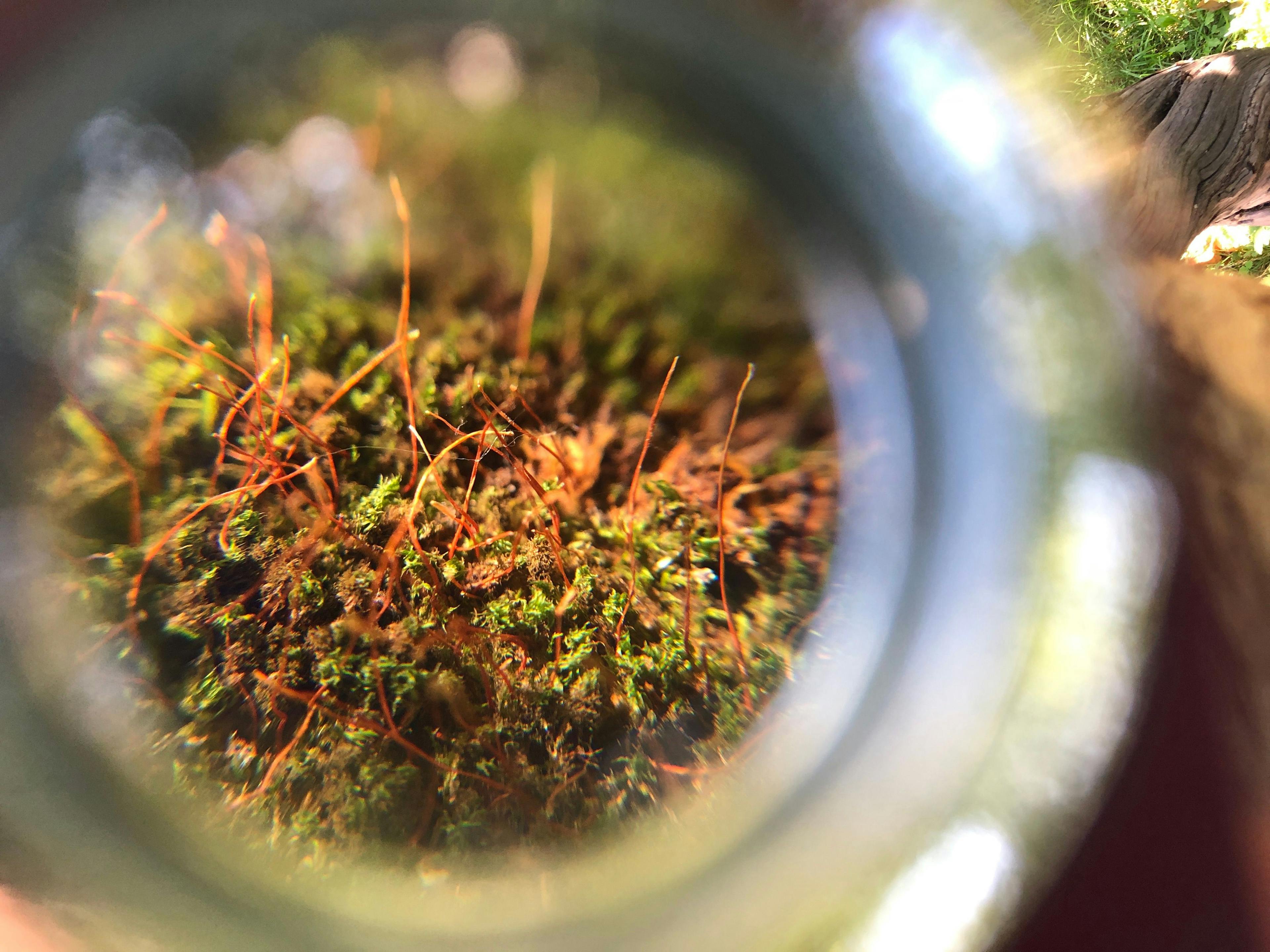Welcome to the Autumn 2019 issue of TEA: The Ethnobotanical Assembly. In this - our fourth issue - we continue to explore the beauty and complexity of people-plant relationships from a diversity of angles and perspectives. In particular, this issue focuses on two broad areas: first, indigenous knowledge of the plant world (Shepard Jr., Camara-Leret and Bascompte, Iskander, de Freitas); and second, the weedy agency of plants in the Anthropocene (Maunder, Lawrence, Meyer, Wong).
In exploring these themes, the new issue presents ten exciting contributions. First, ‘Lost Gardens of the Anthropocene’ by Dr Mike Maunder (Director of Life Sciences at the Eden Project), a rumination on the history of Miami’s botanical gardens amidst the growing threat of hurricanes and climate change. Second is ‘Toé (Brugmansia suaveolens)’, by ethnobotanist Dr Glenn H. Shepard Jr. (Museu Paranese Emílio Goeldi, Brazil), on the shamanic salience of the beautiful yet toxic angel trumpet plant among the indigenous Matsigenka people of Peru. Following this is ‘To Be A Weed’, an essay by Anna Lawrence (University of Cambridge) which places the distinctively anthropocentric concept of “the weed” in critical - and multispecies - perspective.
In their article ‘Indigenous Knowledge Networks’, ecologists Rodrigo Cámara-Leret and Jordi Bascompte (University of Zurich) explore the intimate relationship between cultural and biological diversity based on research with indigenous communities across the Neotropics. Next, continuing the theme of indigenous knowledge, in her photo essay “Without Plants, We Cannot Live”, medical anthropologist Dalia Iskander (UCL) presents a revealing series of photographs which detail people-plant interactions among the indigenous Pälawan people of the Philippines. For the Pälawan, as for many indigenous peoples worldwide, life is simply unthinkable without plants. Evan Meyer continues his popular ‘Street Plants of LA’ series with a new instalment on the medicinal Goat’s Head (Tribulus terrestris) plant, which creeps its way along the sidewalks and alleyways of Los Angeles.
In ‘God Save the Green', Elaine Wong explores how performance artists in New York are experimenting with “eco-theatre” to broach questions of sustainability in the Anthropocene. Following this, geographer Dr Poppy Nicol presents the Global Gardens Project (GGP), a community gardening project in Cardiff, Wales which aims to foster intercultural communication and understanding through celebrating cultural and ecological diversity. Next, Derek Haynes, AKA The Crazy Botanist, reflects on how his childhood in the wooded landscapes of rural North Carolina shaped his mission to educate people about the wonder of plants - and the value of greenspaces in an increasingly urban world. Finally, we end the issue with a poignant poem, ‘Wapishana and Mango Tree,’ by Guyanese poet and anthropologist Kayla de Freitas.
As always, we hope you enjoy reading the new issue of The Ethnobotanical Assembly as much as we enjoyed putting it together. Do get in touch with us if you have an idea for an article or would otherwise like to get involved with this constantly evolving project. TEA is an open community of thought; we welcome your contribution.
Very best,
Lewis Daly and Kay Lewis-Jones
Co-editors, TEA
